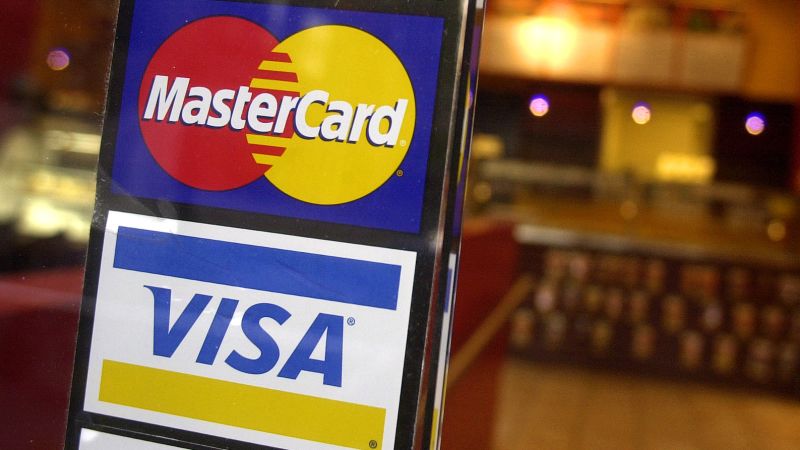In a major development, a federal judge overseeing a $30 billion preliminary swipe-fees settlement between Mastercard, Visa, and retailers formally rejected the deal on Tuesday. This ruling is expected to force the credit card processors to make more concessions in order to resolve their long-standing dispute with merchants.
The settlement, reached by Mastercard and Visa, two of the world’s largest credit card networks, with US merchants in March aimed to lower swipe fees, also known as interchange fees, that retailers must pay when customers make purchases using their cards. Details of the ruling made by Judge Margo Brodie of the US District Court of the Eastern District of New York have not been disclosed, but a memo released by the court indicated that she was not likely to grant final approval to the preliminary settlement without changes.
Swipe fees typically account for 2% of the total customer transaction, but can reach as high as 4% for premium rewards cards, according to industry estimates. The proposed settlement would have reduced these fees by at least 0.04 percentage points for a minimum of three years.
The settlement, which required final approval from the Eastern District of New York, stemmed from a 2005 antitrust class-action lawsuit filed by merchants. The lawsuit alleged that the card companies and associated banks colluded to charge inflated swipe fees and prevent businesses from directing customers to cheaper payment options.
Under the proposed settlement, Mastercard and Visa denied any wrongdoing but agreed to maintain swipe fee rates as of December 31, 2023, for five years. Additionally, they agreed to remove anti-competitive restrictions to allow merchants to suggest alternative card options to customers and impose surcharges based on the type of Visa or Mastercard used.
However, many merchants, particularly small businesses, viewed the settlement as only providing temporary relief rather than a long-term solution. Trade groups representing big retailers, such as the Merchants Payments Coalition and the Retail Industry Leaders Association, criticized the settlement for not addressing the competitive imbalance in the interchange ecosystem.
A Mastercard spokesperson expressed disappointment in the ruling but emphasized their commitment to finding a resolution. Visa did not immediately respond to requests for comment.
Small business owner Glenn Licht, who operates Pescatore Seafood Company in New York City, shared his concerns about the impact of swipe fees on his businesses. Despite the ruling, Licht remains skeptical that the settlement would significantly benefit small merchants like himself.
As this story continues to evolve, it remains to be seen how Mastercard, Visa, and retailers will navigate the next steps in resolving this contentious issue.



